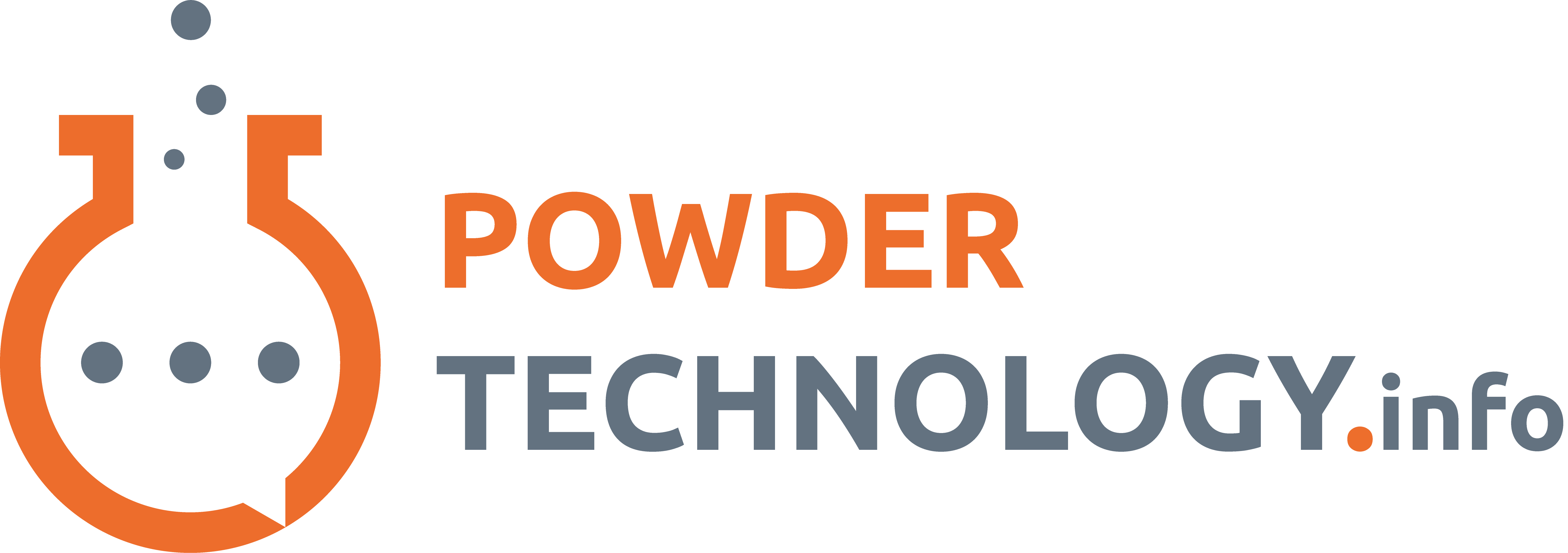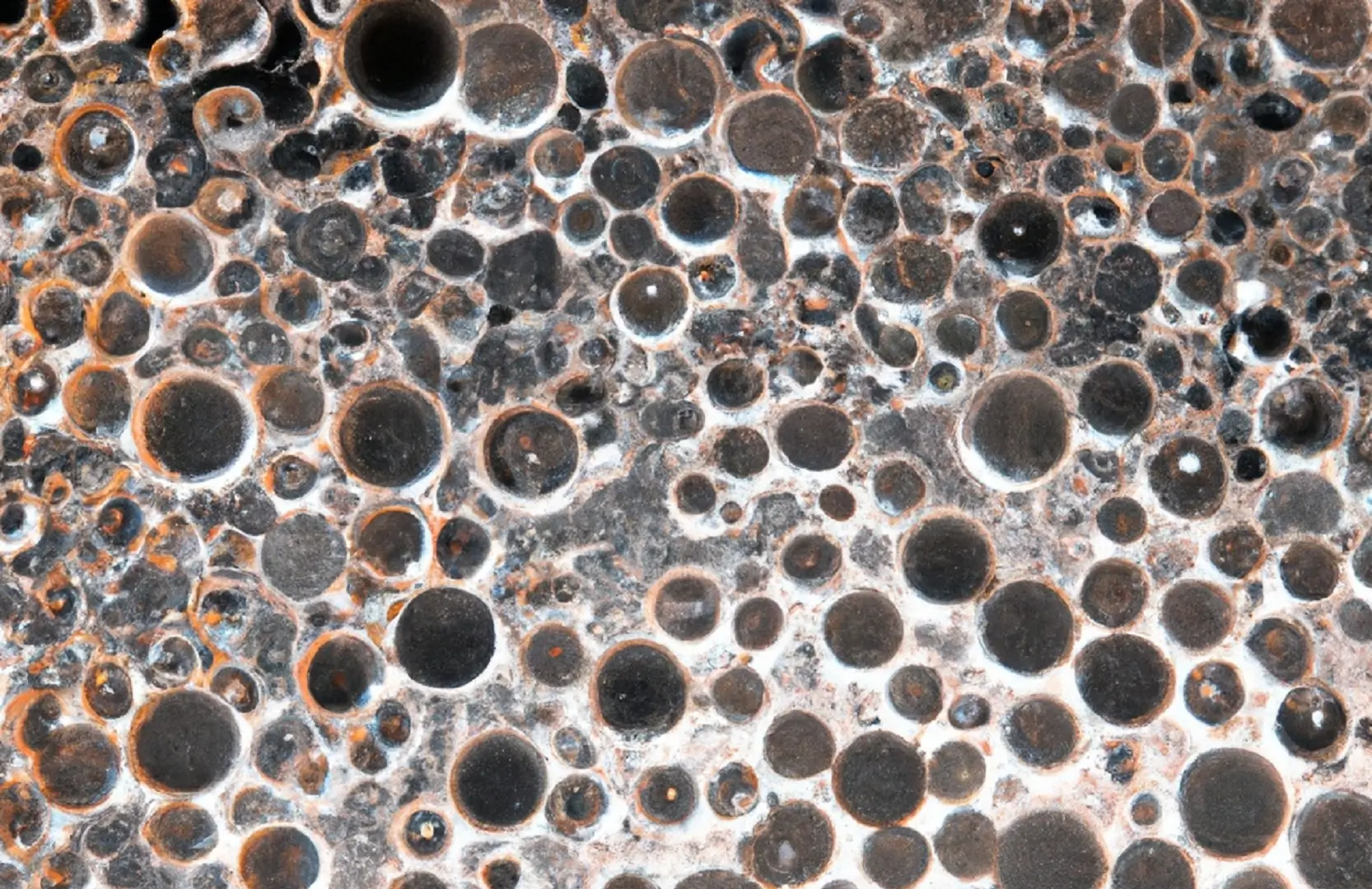Table of Contents

In April 2018, the European Citizens’ Initiative (ECI) requested an injunction with the European Commission regarding the use of glyphosate. They aimed to protect people and the environment from toxic pesticides. Subsequently, the ECI called for greater transparency around the scientific studies used to support regulated substances in food-related industries, including feed and agriculture. This led the EC to conduct a qualification inspection to assess whether the existing regulatory framework met its aims.
During 2018, the EC issued a proposal for updated regulations. This proposal underwent scrutiny during an open public discussion involving citizens, national authorities, and industry stakeholders. Leaders from various sectors participated in this discussion. As a result, this process led to a range of changes.
A New Approach to Adhere to EU Transparency Regulation
The outcome of the inspection was the formulation of a new transparency regulation: Regulation (EU) 2019/1381. This new regulation amends the previous General Food Law of 2002.
It covers eight general regulatory acts that address the food, feed, and agricultural process chain. The aim is to increase transparency in the risk evaluation process. The regulation touches upon the following areas:
- GMOs: This includes cultivation for food and feed uses.
- Feed Additives: This encompasses smoke flavorings.
- Food Contact Materials: This covers items like machinery, glasses, cans, and more.
- Plant Protection Products: This includes herbicides, insecticides, and fungicides.
- Food Additives: This category covers a wide range of substances, including sugars, salts, and colorings such as titanium dioxide.
- Food Enzymes and Flavorings: This area addresses various enzymes and flavoring agents.
- Novel Foods: This pertains to foods that have not been widely consumed in the EU before.
This new regulation aims to enhance transparency and ensure better protection for consumers and the environment.
Objective of the EU Transparency Regulation
The main objective of the EU Transparency Regulation primarily focuses on:
- Scientific Studies: Enhancing the transparency of the scientific studies used to support regulated products in the food, feed, and agricultural industries related to food consumption.
- Dependability and Independence: Increasing the reliability, impartiality, and independence of these scientific studies.
- Governance and Collaboration: Improving governance and strengthening scientific collaboration and participation among Member States (MS) of the European Food Safety Authority (EFSA).
- Addressing Limitations: Tackling the constraints affecting EFSA’s long-term scientific capacity. This includes ensuring a high level of scientific expertise across different sectors related to food consumption while considering the financial aspects involved.
- Risk Assessment and Public Interaction: Developing more effective and transparent interactions for risk assessment and management with the public, in collaboration with the aforementioned Member States.
What to Expect on March 27th 2021
The new Transparency Regulation was published on September 6, 2019. It will officially enter into force on March 27, 2021. From this date, the European Food Safety Authority (EFSA) will require a mandatory pre-application submission notification for all studies conducted by laboratories and potential applicants. This notification must include the title, scope, testing facility, and the starting and planned completion dates of the project.
Potential applicants can request a pre-submission meeting for consultation regarding their approval application. Additionally, the European Commission and the EFSA will interact with all sectors affected by the Transparency Regulation. This interaction aims to ensure that the regulation is effectively implemented and understood across all relevant domains.
Clarity and Transparency: The New Norm
The European Commission and the Focal Point for the Food Safety Authority (FCO) have collaborated to create a more coherent ecosystem. This system incorporates transparency requirements within the existing independent scientific evaluation process. The confidentiality assessment process and public dissemination form the foundation for this evolution in food and feed safety regulation.
The EFSA will provide producers and stakeholders with a (re)submission platform. This platform will serve as the main gateway for industry applicants to create and manage their food and feed-related dossiers. The benefit lies in the manageability of paperwork related to the production process, ensuring compliance with legislative needs.
A database of all authorized studies by the industry will be accessible and controlled by the EFSA. All personal data will remain confidential unless it is necessary to certify transparency. However, all non-classified studies and data supporting an application assessed by the EFSA will be automatically made public once the submission is validated.
Laboratory ISO Standards
A large part of transparency for a laboratory lies in conveying data to clients or internal parties requesting information. Therefore, it is crucial that all processes meet a consistent standard. This consistency substantiates the transparency needed to comply with the Transparency Regulation. Specifically, ISO 17025 is important for adhering to standards for testing and calibration of equipment in laboratory settings.
ISO/IEC 17025 enables laboratories to validate their competencies and produce legitimate, accurate findings. A significant aspect of achieving ISO 17025 certification involves establishing general company guidelines found in ISO 9001 for quality management. Once these guidelines are in place, they contribute to the overall transparency required to comply with European legislation.
Moreover, ISO 17025 facilitates collaboration among laboratories and organizations like the EFSA. It enhances the recognition of outcomes across countries and Member States, allowing test reports and certificates to be accepted without the need for additional research.
At Delft Solids Solutions, we are currently working to finalize both ISO 9001 and ISO 17025 certifications. This effort will allow us to serve our clients better in terms of regulation. Although we regularly pass our clients’ audits and adhere to a rigorous internal process, convenience remains an important factor.
How DSS can assist you with the EU Transparency Regulation
With these new regulations comes a greater need for clarity. Delft Solids Solutions supports investigations performed in close consultation with you, the customer. We conduct these investigations under conditions that closely match the targeted application of the product or the challenges faced during the production process. Our well-equipped specialized laboratory enables us to offer these services effectively.
Our experts analyze the results and provide an accurate report that offers clarity and context. We assure the quality of the generated results by adhering to ISO 17025 standards. Each investigation is documented through a detailed research report.
So, what can you expect? The report will include background information on the methodology and equipment used in the investigation. It will also feature a discussion of the generated results, ensuring that your Transparency Regulation needs are met.







